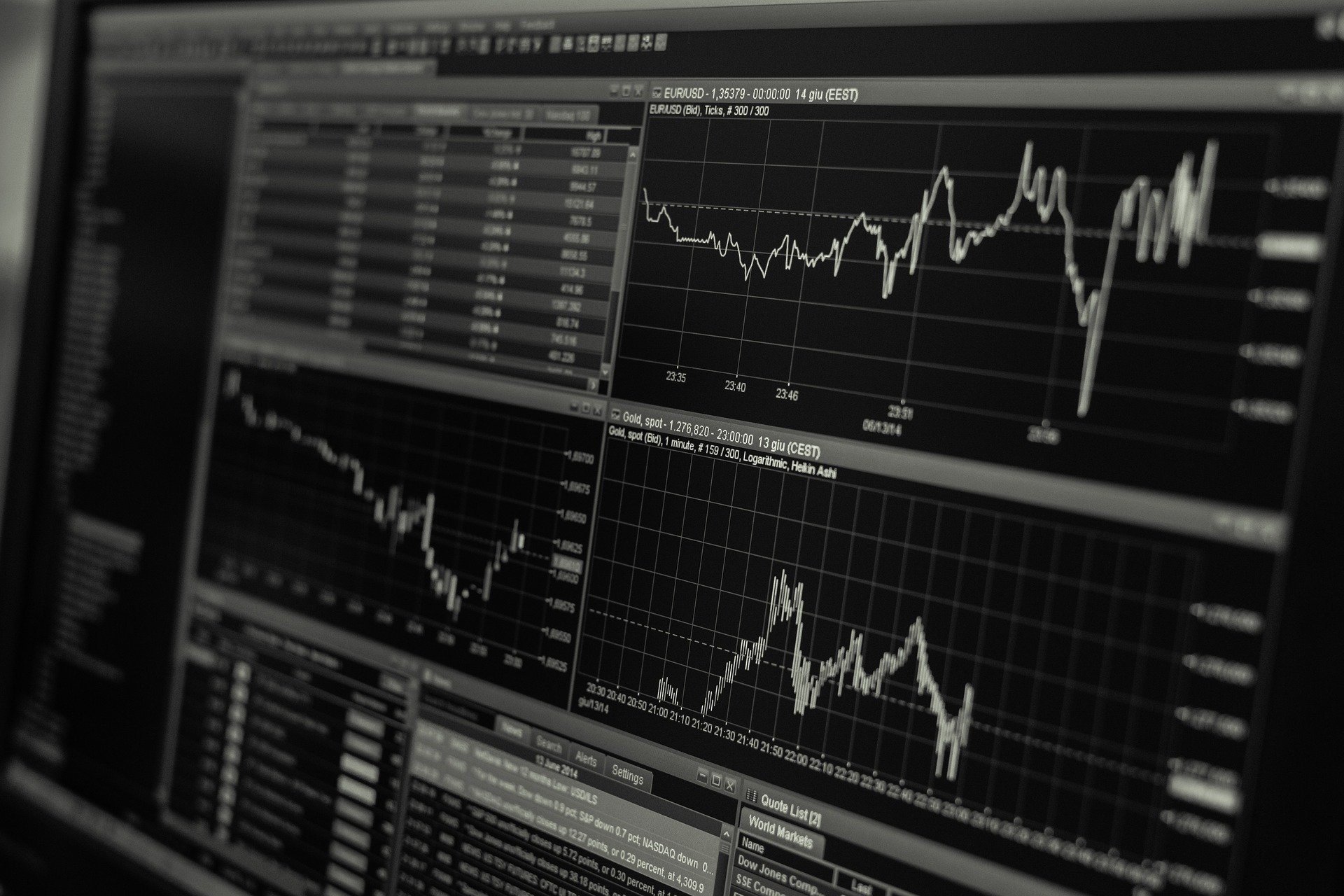Last updated on April 3rd, 2024
Owning a credit card offers a convenient way to pay for purchases of all varieties, and, if used wisely, it can reflect favorably on your financial reputation. But how well do you know credit cards? Whether you are a beginner thinking about applying for your first credit card, or a seasoned cardholder with several years’ worth of experience, it is crucial to have a firm understanding of what a credit card is and does. Welcome to credit cards 101.
Credit Cards 101: What is a Credit Card?
A credit card is a payment method in the form of a plastic or metal card. It can be used to pay for goods or services in the same way one uses cash or a personal check. Credit cards are issued by financial institutions, such as banks and credit unions. They offer customers a line of credit that they can borrow money from, and for which a credit card serves as physical proof.
While a credit card is primarily used for buying, it can also be effective in shaping how you look as a borrower of money. When you use a line of credit, you develop a credit score: a number that financial institutions use to judge how much of a risk they take when lending you money. As you borrow and pay back money responsibly, your credit score increases. Likewise, if you pay back what you have borrowed late, or not at all, your credit score will decrease. Having a high credit score will make it easier for you to get approved for high-end credit cards or loans with the lowest interest rates.
When you use a credit card, you are paying for something with the issuing bank’s money. All purchases that you make with a credit card will grow the balance owed for that card’s account, and you are responsible for paying back what you have borrowed. You will have a grace period – about a month – to pay off your balance. your bill in full, you will incur a finance charge. Finance charges are usually a percentage of interest added to the amount that you owe. Credit card issuers also require that you make a minimum payment if you are going to carry a balance.
Credit Cards 101: Types of Credit Card
Understanding the different types of credit cards is essential;l to passing credit cards 101. Credit card companies offer multiple types of credit cards. Although all serve the same purpose – to act as a form of payment – they differ in the additional benefits they offer as well as who can use them. Some credit cards are better for making purchases in a certain category, while others are aimed at specific types of borrowers.
- Business Credit Cards: Business credit cards are offered to companies of all sizes, from fledgling startups to multinational enterprises. Issuers restrict customers from using these cards solely for business expenses, but they also include incentives like cash back or points reward programs. In addition, cardholders can usually request multiple additional cards for their employees to use under the same account.
- Rewards Credit Cards: Rewards cards are some of the most attractive in the market and for obvious reasons. In addition to giving customers all the features of a traditional credit card, they also feature perks in exchange for making purchases. Rewards credit cards usually have a trade-off for all the benefits they offer, however; you will see this in the form of higher interest rates or fees to own the card.
- Travel Credit Cards (Airline/Hotel): Travel rewards cards allow you to earn points or miles that you can later redeem for rewards such as free flights or hotel stays. As such, they are some of the most popular credit cards. There are general travel rewards cards as well as cards that are co-branded with airlines or hotel companies. The latter also net you rewards, but only for use with the specific carrier or hotel chain linked to the card.
- Retail Credit Cards: Like airline and hotel cards, retail credit cards are offered in partnership with specific stores or brands and feature retailer-specific rewards programs. Some retailers offer cards that can only be used at their locations (or their online stores), while others also issue more accessible cards that are accepted at other locations.
- Cash Back Credit Cards: Cash back credit cards give you more freedom when you want to redeem your earned rewards. When you use a cash back credit card, you earn back a small percentage of each transaction. Some cards earn cash back at a flat rate for all purchases, while others multiply rates when used in specific categories like groceries or gas stations. You can redeem the cash back you have accumulated for gift cards, credits toward your credit card statement, or even to make entertainment bookings.
- Student Credit Cards: As you might guess, student credit cards are aimed at high school and college students. Since students are usually just starting to build their credit history and test the waters with their first credit card, they will not be the most favorable candidates for issuers. As such, student credit cards usually have low credit limits and a limited set of additional perks.
- Secured Credit Cards: Issuers offer secured credit cards to individuals looking to improve or rebuild their credit standing. Since these persons may be risky borrowers, issuers take an additional safeguarding step and require cardholders to make a security deposit. By depositing their own money and using that as a line of credit, cardholders are forced to be more responsible with their finances. Over time, if customers manage their spending wisely, issuers may raise their cards’ credit limit. Secured credit cards are also a good choice for first-time borrowers.
Other Uses for a Credit Card
Credit cards do more than just let you make purchases. If you have a credit card account with an existing balance and a high-interest rate, you can apply for another credit card at a lower interest rate and transfer the balance from the first card. This is known as a balance transfer, and it is a popular method of paying less when it comes to interest rates. This is credit cards 1010.
You can also use a credit card to withdraw cash if you need to. This is known as a cash advance. Just like paying with a credit card, the amount you borrow through a cash advance has to be paid back. While cash advances can get you out of a jam, they often have higher interest rates that will make it costlier to pay them back over the long term.
Other Types of Cards
Credit cards are not the only piece of plastic you could carry in your wallet. Though they are the most flexible in terms of spending power, other options exist to suit your needs or preferences.
- Charge Cards: Charge cards are similar to credit cards, with the major difference being that charge cards require you to pay off your balance in full every billing cycle. Charge cards are not as common as they used to be, and nowadays they signify borrowers who are very responsible with their finances and avoid paying interest charges.
- Prepaid Cards: A prepaid card allows you to deposit money into its account so you can use it repeatedly to make purchases. Prepaid cards will most likely not raise your credit score, but they can still be a convenient payment option.
- Debit Cards: A debit card is linked to a bank account, and so it uses a cardholder’s own funds when making a purchase. Debit cards will not raise your credit score.
Credit Card Terms You Need to Know:
APR
APR, or annual percentage rate, is one of the most critical terms to understand when it comes to credit cards. The APR is the total yearly charge for carrying a balance on a credit card. The APR includes more than just the card’s interest rate; it also ties in fees and other charges.
Average Daily Balance
Average daily balance is one aspect of the APR. The average daily balance is how credit card issuers determine how much a borrower owes in interest. To calculate the average daily balance, add the balance from each day in a statement billing period, and divide by the total number of days in that period.
Grace Period
The grace period is the time from the closing of a credit card’s billing cycle to the due date of the minimum statement balance. The CARD Act of 2009 requires banks to provide a grace period of at least 21 days.
Minimum Payment
The minimum payment is the smallest amount a cardholder must pay on their credit card balance. Most lenders calculate a minimum payment as one percent of the current statement balance and interest and fees. Failure to pay the minimum payment due will result in late fees and negative credit score impacts.
Credit Score
A credit score is a three-digit number that allows lenders to gauge the creditworthiness of an applicant. The higher the credit score, the more reputable the borrower and the better their approval odds are. Credit scores are calculated by organizations such as FICO and VantageScore, and they are based on various factors like payment history and credit utilization.
Credit Utilization
Credit utilization is one of the most important factors in calculating a credit score. The credit utilization, or credit usage, refers to the amount of available credit a cardholder uses. Lenders like to see borrowers use 30% or less of credit being used.
Balance Transfer
A balance transfer is a process of moving one credit card balance to another card. Consumers use these transfers to take advantage of lower interest rates, which end up saving money. Many banks charge a fee for a balance transfer, typically around 5% of the amount migrated.
Cash Advance
Cash advances are transactions where a credit cardholder can receive a cash loan from their credit card. These advances are completed through ATM withdrawals or checks from the card issuer. Cash advance limits are typically lower than a user’s overall credit limit and come with additional fees and high interest rates. Interest from a cash advance accrues immediately – there is no grace period – making them costly.
Prime Rate
Also known as the prime interest rate, the Prime Rate is the interest rate at which money is borrowed commercially. The Federal Reserve sets the federal funds rate, which the Prime Rate is based on, and is tracked through the Wall Street Journal.
Annual Fee
Some credit cards come with a yearly charge for membership. These yearly charges are almost universally known as annual fees. The most common cards to feature an annual fee are rewards credit cards, which offer impressive perks and bonuses in exchange for a fee. Fees vary depending on the credit card, and they can be as low as $50 and range up to several hundreds of dollars.
Dispute
A credit dispute is the process of raising concerns about an unauthorized transaction on your credit card statement. Credit card charge disputes involve the card issuer and typically must occur within two billing cycles. Most payment networks offer zero fraud liability, protecting consumers from fraud.
Secured Card
A secured credit card is a type of credit card that requires a cash security deposit to open. Because secured cards require a refundable deposit, they are easier to receive than other types of cards for those with poor credit scores or no credit history.
Schumer Box
A Schumer Box is a common feature of credit card terms and conditions agreements. A standardized box, the Schumer Box shows all the important credit card terms and figures, including interest rates and fees. Schumer Boxes are named after Charles Schumer, the senator who was the spearhead for the federal Truth in Lending Act.
Cardmember Agreement
The full terms and conditions of a credit card that the applicant must agree to before a card is issued. Federal law requires lenders to provide this disclosure. It also serves as a legally binding contract between the card issuer and the cardholder, or lender.
Authorized User
Cardholders can add an authorized user to their credit card account. An authorized user is a person whom the cardholder grants account access to for purchases. Authorized users are not responsible for paying the balance due, however, even though they receive a credit card in their name.
Cover photo by Nathan Dumlao on Unsplash
Editorial Disclosure – The opinions expressed on BestCards.com's reviews, articles, and all other content on or relating to the website are solely those of the content’s author(s). These opinions do not reflect those of any card issuer or financial institution, and editorial content on our site has not been reviewed or approved by these entities unless noted otherwise. Further, BestCards.com lists credit card offers that are frequently updated with information believed to be accurate to the best of our team's knowledge. However, please review the information provided directly by the credit card issuer or related financial institution for full details.



